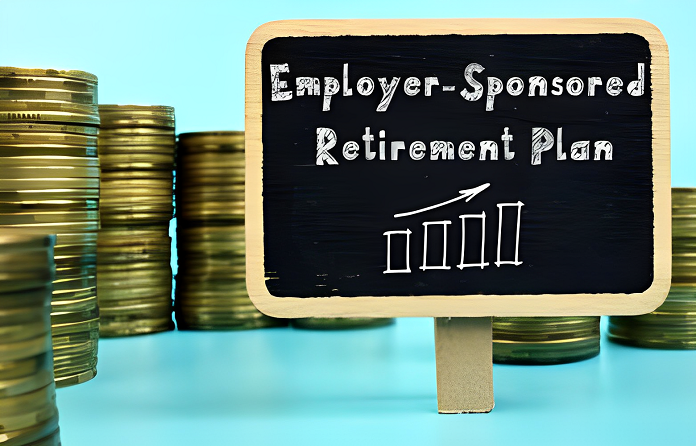If you are employed, you may have heard the term “employer-sponsored retirement plan” before. But what exactly is it, and what are the options available? With retirement planning becoming increasingly important, it is crucial to understand the different types of retirement plans offered by employers. Let’s dive deeper into this topic and explore the various options for retirement planning.
What is an Employer-Sponsored Retirement Plan?
An employer-sponsored retirement plan is a type of retirement plan that an employer offers as a benefit to their employees. These plans are designed to help employees save for retirement, and the contributions are often made through payroll deductions. In most cases, the employer will also contribute to the plan, making it a valuable tool for employees to save for their future.
Types of Employer-Sponsored Retirement Plans
There are several types of employer-sponsored retirement plans, each with its own set of advantages and disadvantages. Some of the commonly offered plans include:
401(k) Plans

One of the most popular employer-sponsored retirement plans is the 401(k) plan. This is a defined contribution plan, which means that the employer and employee can contribute a specific amount to the plan every year. The money contributed to the plan is not taxed until it is withdrawn during retirement. Many employers offer matching contributions, making it a great way for employees to save for their future.
403(b) Plans
Similar to a 401(k) plan, a 403(b) plan is a defined contribution plan offered to employees of tax-exempt organizations such as schools, hospitals, and religious organizations. This plan allows employees to contribute a portion of their salary towards their retirement savings on a pre-tax basis. The employer can also make a matching contribution.
Pension Plans
A pension plan is a defined benefit plan, which means the employer guarantees a specific payment amount to the employee after retirement based on their salary, years of service, and age. This type of plan is becoming less common, and many employers are transitioning to defined contribution plans due to their high administrative costs.
SIMPLE IRA Plans

Simple IRA (Savings Incentive Match Plan for Employees) is a popular retirement plan among small businesses. It is similar to a 401(k) plan but has lower contribution limits and simpler administration. Employers can match employee contributions or make non-elective contributions to the plan.
SEP IRA Plans
Simplified Employee Pension (SEP) IRA is another retirement plan for small businesses and self-employed individuals. This plan allows employers to contribute to their employees’ retirement accounts (IRAs) instead of setting up a separate retirement plan. The contributions are tax-deductible for the employer, and employees are not required to contribute.
Profit Sharing Plans
A profit-sharing plan is a defined contribution plan where the employer can share a portion of the company’s profits with employees. The contributions are not required yearly, and the amount can vary, depending on the company’s profits and performance. The contributions are made on a pre-tax basis, and the employer can also contribute to their account.
Cash Balance Plans

Cash balance plans are hybrid retirement plans combining features of defined benefit and contribution plans. This type of plan guarantees a specific benefit amount to employees at retirement, but the contributions are made on a pre-determined basis, similar to a 401(k) plan. Cash balance plans are popular among employers who want to offer their employees a guaranteed retirement benefit while providing them with the flexibility of a defined contribution plan.
Which Option is the Best for You?
With so many options, deciding which employer-sponsored retirement plan is the best for you can be overwhelming. It ultimately depends on your financial goals, risk tolerance, and employer’s offerings. We recommend consulting with a financial advisor to determine which would suit you and your plans.
FAQs
Q: Can I have a retirement plan if I am self-employed?
A: Yes, retirement plan options are available for self-employed individuals, such as a SEP IRA or Solo 401(k).
Q: Are employers mandatory to offer their employees retirement plans?
A: No, offering an employer-sponsored retirement plan is not a legal requirement for employers. However, many employers offer it as a benefit to attract and retain talented employees.
Q: How much should I contribute to my employer-sponsored retirement plan?
A: The amount you contribute depends on your financial situation and retirement goals. It is recommended to contribute at least enough to get the full match from your employer, if offered. Beyond that, it is advised to contribute as much as you can comfortably afford.


